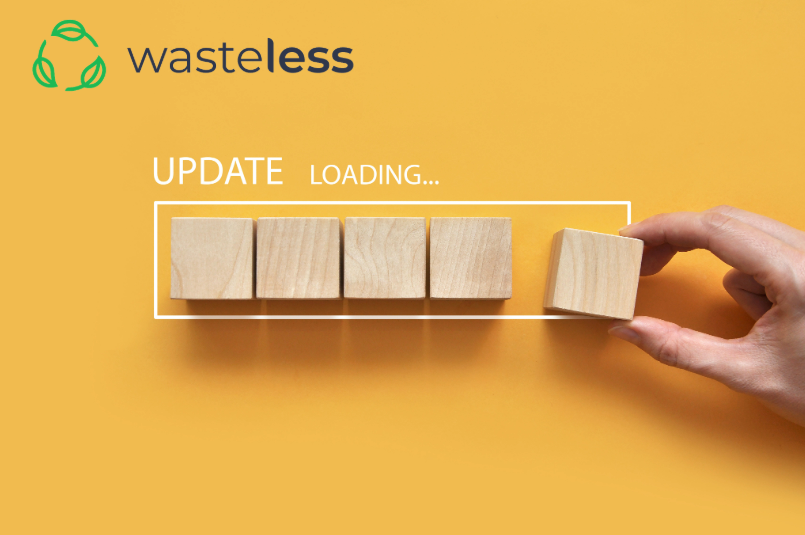By: Ana Novo Barros (WASTELESS Coordinator)
From: UTAD
Dear WASTELESS community,
As we reach Month 30 of the WASTELESS project, I am pleased to share an update on our achievements and upcoming priorities. Since our launch in January 2023, our consortium of 29 partners from 14 countries has been working collectively to develop innovative, science-based solutions to reduce food loss and waste (FLW) across Europe.
A key milestone has been the development and application of a harmonised methodology for quantifying FLW across the food chain. This includes protocols adapted to five sector-specific case studies—fruits and vegetables, fruit juices, processed meat, dairy, and cereals—as well as the household level. These methods are now being applied in real-world settings, generating robust data to inform reduction strategies.

Our systemic Decision Support Toolbox is progressing well. It combines digital tools, scientific models, and stakeholder feedback to support decision-making around prevention, monitoring, and valorisation of FLW. A prototype version is currently being prepared to be used with food system actors, including producers, processors, retailers, and policymakers.
We are actively exploring innovative pathways for valorising unavoidable food loss and waste. These include converting agro-industrial by-products into bio-based products, such as feed ingredients, compost enhancers, and functional food additives. Pilot projects are underway in collaboration with SMEs and academic partners.
The WASTELESS Community of Practice is growing steadily, providing a space for co-creation and knowledge exchange among stakeholders from various sectors. We have organised local workshops, international webinars, and participatory events to raise awareness and share good practices—most recently during the European Week for Waste Reduction and at Dare2Change 2025 in Portugal.
As we enter the final phase of the project, our focus will be on: i) finalising and validating the Decision Support Toolbox; ii) Scaling pilot demonstrations of valorisation solutions; iii) Expanding household and supply chain monitoring in new EU regions; iv) Publishing policy briefs and technical guidelines; v) Preparing our final dissemination events and synthesis outputs.
